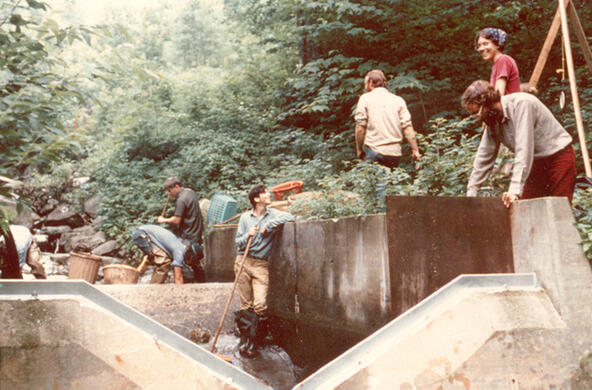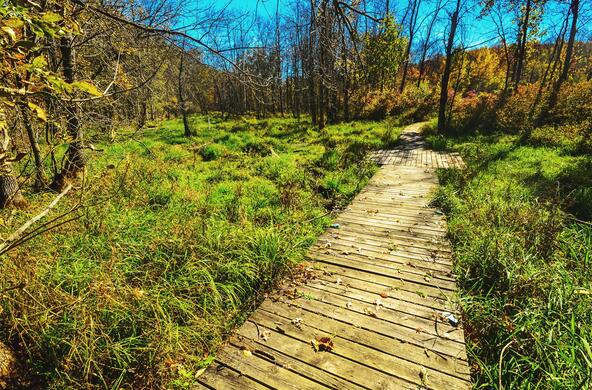“Lord, what fools these mortals be!”
—Puck, A Midsummer Night’s Dream, by William Shakespeare, 1595
For the moment, I sit on the Science Advisory Board (SAB) for the U.S. Environmental Protection Agency. By Congressional mandate, our group is charged to evaluate the science behind federal regulations to protect the environment and human health. Just recently, the Board received word that the EPA Administrator, Scott Pruitt, would not be seeking our evaluation of emissions standards for the oil and gas industry and of several other pending issues. Apparently, the Administrator feels comfortable moving forth on his own. It’s not that he disagrees with the SAB evaluation, because he doesn’t seem to want to know what the evaluation might be.
Put on the blinders; this horse is sure that he knows his way.
So too is the recent directive by the Department of Interior to halt a study by the National Academy of Sciences on the health effects of mountain-top-removal coal mining. Faced with high incidence of lung cancer and birth defects, the citizens of West Virginia wanted to know about the safety of these mines. Now, they will remain in the dark, save for the alternative facts of the coal industry.
All is good; the President loves clean, beautiful coal.
I don’t mean to say that scientists can provide the basic truth about everything. But, from observation and experiment, scientists can evaluate what is now known, especially as it pertains to many issues facing policy makers. The miracles of modern medicine and the prevention of toxic exposures have all derived from the pursuit of facts by scientists. Better experiments may change our understanding, but at any moment, scientists can deliver the best understanding of what we know—what we once called facts—to people who want to listen.
Nightly, President Trump plays with his “mobile,” Tweeting vociferously on issues large and small. The microchips in the device are certainly the product of basic scientific research. So, are the guidance systems on cruise missiles and the weather forecasts for tracking hurricanes. The President wants to cut funding for medical research, but if he falls ill, you can certainly bet that he will want the best treatment that medical science can provide.
Unfortunately, the President ignores the role of science in developing these products. He is comfortable pursuing alternative facts—not based on science, but “facts” that are convenient to his current agenda. It is telling that the post of Science Advisor to the President remains unfilled.
The assault on basic knowledge and its discovery is not only likely to leave our nation behind in the competitive international arena, but to leave a mark in history when a group of individuals could no longer be classified as Homo sapiens, having evolved into the new species of Homo aggrandisis. Of course, this would presume that we have accepted the process of evolution.
References
Aneja, V.P., P. R. Pillai, A. Isherwood, P. Morgan and S.P. Aneja. 2017. Particulate matter pollution in the coal-producing regions of the Appalachian Mountains: Integrated ground-based measurements and satellite analysis. Journal of the Air and Waste Management Association 67: 421-430.
Aneja, V.P., A. Isherwood and P. Morgan. 2012. Characterization of particulate matter (PM10) related to surface coal mining operations in Appalachia. Atmospheric Environment 54: 496-501.
Palmer, M.A., E.S. Bernhardt, W.H. Schlesinger, K.N. Eshleman, E. Foufoula-Georgiou, M.S. Hendryx, A.D. Lemly, G.E. Likens, O.L. Loucks, M.E. Power, P.S. White, and P.R. Wilcock. 2010. Mountaintop mining consequences. Science 327:148-149.
Schlesinger, W.H. 2017. When science informed policy.








